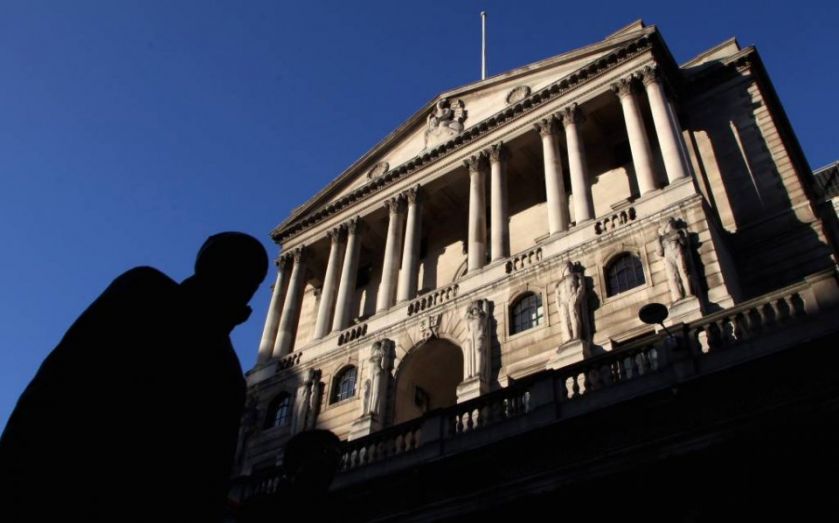With GDP per head back at pre-crisis levels, should the Bank raise interest rates now?

James Sproule, chief economist at the Institute of Directors, says Yes
Inflation may be hovering around zero, but that is no reason for the Bank of England to hold interest rates. An economy with quarterly GDP growth of 0.7 per cent, unemployment at 5.6 per cent and real wage growth of around 3 per cent is in good enough health to begin the “slow and gradual” process of normalisation.
For monetary policy to be an effective macroeconomic tool, interest rates need to be at a level where they can go up as well as down in response to economic events. Without an increase now, the Bank faces even more difficult choices as and when the next crisis strikes, where rate cuts aren’t enough to stimulate the economy and quantitative easing would further stoke inflation and asset bubbles.
Monetary policy is supposed to look out two years; beginning a process of gradual increases is not going to wreck the recovery. And the earlier rates begin to go up, the easier it will be for the economy, businesses and households to adjust.
Vicky Redwood, chief UK economist at Capital Economics, says No
It looks as though the slowdown in economic growth in the first quarter was just temporary, but that does not mean that it is time for a rate rise. We still think that there is some spare capacity left in the economy, meaning that growth can be strong without triggering a pick-up in inflationary pressures.
Although GDP per capita is back at pre-crisis levels, it is a long way below where it would have been had the pre-crisis trend continued. Moreover, the fact that output in the second quarter rose strongly, while employment probably fell, provides more evidence that productivity growth is accelerating. That also suggests that economic growth can run at decent rates without pushing up wage growth or inflation.
What’s more, with the fiscal squeeze resuming and the higher pound hampering exporters, the recovery may only maintain its current pace if it continues to receive support from extremely loose monetary policy. Accordingly, interest rates need to stay low.